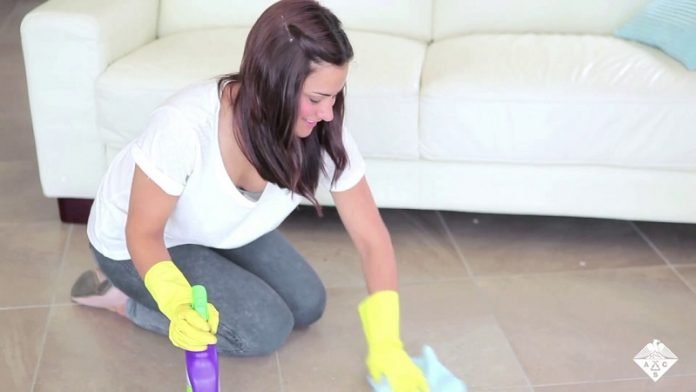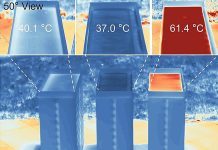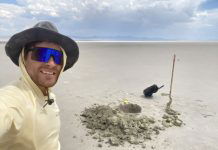
Building materials that clean themselves could save immense time and labor in homes and businesses, as well as reduce disease risk in settings such as hospitals.
Now, researchers reporting in ACS Applied Materials & Interfaces have made a new type of concrete that is strong, heat-insulating and soundproof — and best of all, liquids like milk and coffee bounce right off of it, taking dust particles with them.
Nature boasts many examples of self-cleaning surfaces, from lotus leaves to geckos’ feet.
Water droplets striking these superhydrophobic — or extreme water-hating — surfaces ball up into droplets if the surface is level, or completely roll off if it’s tilted, at the same time removing dust particles and contaminants.
Scientists have tried to introduce these self-cleaning properties to concrete by adding hydrophobic materials.
However, surface coatings can scratch or wear off over time, and hydrophobic materials added to the bulk concrete before drying often weaken it.
Xin Xu and colleagues wanted to develop a simple method to make porous concrete with robust mechanical and self-cleaning properties.
The researchers added an oil, an emulsifier and a hydrophobic silicon polymer called polydimethylsiloxane (PDMS) to wet concrete. With the help of the emulsifier, the oil formed many tiny droplets that contained PDMS.
The team then dried and heated the concrete, evaporating the oil so that PDMS-coated pores were left behind.
The resulting porous concrete was lightweight, yet mechanically strong. It repelled dust particles and liquids, including milk, beer, soy sauce, coffee and dyed water, and could be immersed in the liquids and removed without leaving any stains behind.
Even with mechanical grinding, heat treatment and chemical exposure, the material remained superhydrophobic.
The porous concrete also absorbed sounds and insulated against heat loss, two other attractive properties for building materials.



